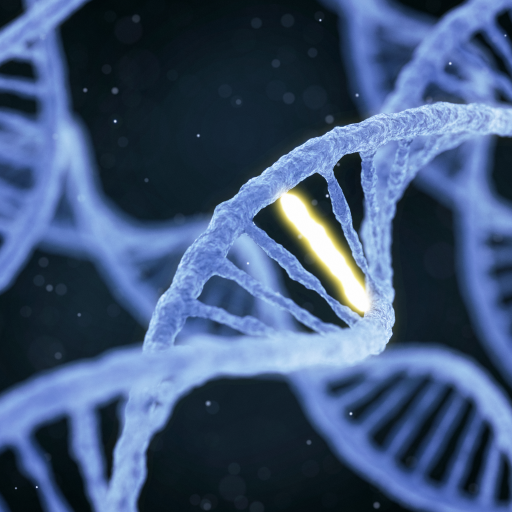In April the FDA granted Breakthrough Therapy Designation for futibatinib in cholangiocarcinoma tumors positive for FGFR2 gene fusions or rearrangements. Just one month later in May, the FDA approved infigratinib, also known as TRUSELTIQ™, under the accelerated approval program for the treatment of patients with advanced FGFR2-mutated cholangiocarcinoma.
It has been a year of significant progress for cancer patients harboring a fibroblast growth factor receptor 2 (FGFR2) fusion or rearrangement.

Encouraging first results from a study funded by Relay Therapeutics show that RLY-4008 is the first potent and highly selective irreversible FGFR2 inhibitor.
What’s more, as a 3rd generation inhibitor, RLY-4008 has been shown to overcome resistance mutations that develop on the 2nd generation inhibitors. So, there is hope that RLY-4008 can work in patients who were treated with a prior FGFR inhibitor.
Indeed, several patients with cholangiocarcinoma – who have previously received an FGFR inhibitor – had some degree of tumor shrinkage and disease stability on RLY-4008.
Relay Therapeutics is a clinical-stage precision medicines company transforming the drug discovery process with the goal of bringing life-changing therapies to patients. The company aims to effectively drug protein targets that have previously been intractable, with an initial focus on enhancing small molecule therapeutic discovery in targeted oncology. And RLY-4008 is a prime example of this.
Preclinically, RLY-4008 demonstrates FGFR2-dependent killing in cancer cell lines and induces regression in in-vivo models. It also shows minimal inhibition of other targets, including other members of the FGFR family. In addition, RLY-4008 demonstrates strong activity against known clinical on-target resistance mutations in cellular and in-vivo preclinical models.
Currently, RLY-4008 is being evaluated in a first-in-human trial designed to orally treat patients with advanced or metastatic FGFR2-altered solid tumors, including intrahepatic cholangiocarcinoma. The 2-part study involves a dose-finding part to determine the dose that provides the most benefit with the fewest side effects, and an expansion part to confirm the chosen dose is safe. Approximately 125 patients will participate in the study, which will be conducted at approximately 30 study sites in the United States, Europe, and Asia.
The data so far has showed tumor shrinkage in ALL the study’s patients with FGFR2 fusion positive cholangiocarcinoma who haven’t undergone previous treatment.
The data were presented at the plenary session of the American Association for Cancer Research virtual International Conference on Molecular Targets and Cancer Therapeutics and the study is estimated to be completed by October 2024.
Although Cholangiocarcinoma is considered a rare cancer, liver and intrahepatic bile duct cancer (Cholangiocarcinoma) are set to become the third leading cause of cancer death in both men and women by 2040. And whilst breast cancer is one of the most commonly known cancers internationally, it is predicted to drop to the fifth most common cause of cancer death over the next 20 years.
Out of all the FGFR2-positive tumors in the study, 82% are cholangiocarcinoma, 8% are breast cancer, and the remaining percentage is divided between other types of solid tumors. So putting the numbers aside, the RLY-4008 study is proof that the location in which a tumor is found and how well-known a cancer is don’t matter. What matters is what’s happening on a molecular level within a tumor.
Breakthroughs in ANY cancer is a breakthrough in ALL cancers. Progress is progress.
We are proud to work closely with the incredible Dr Lipika Goyal and her team at Massachusetts General Hospital, who continue to work on this game-changing study. Learn about more of Dr Goyal’s research that we help to fund that helps bring more life-changing drugs like RLY-4008 to market and make a donation to bring more hope to those who need it most.
